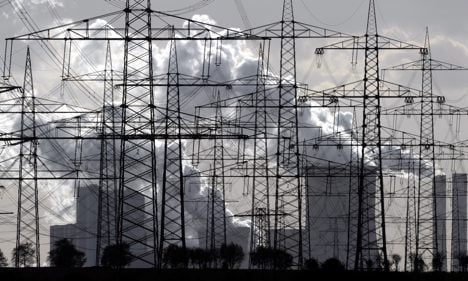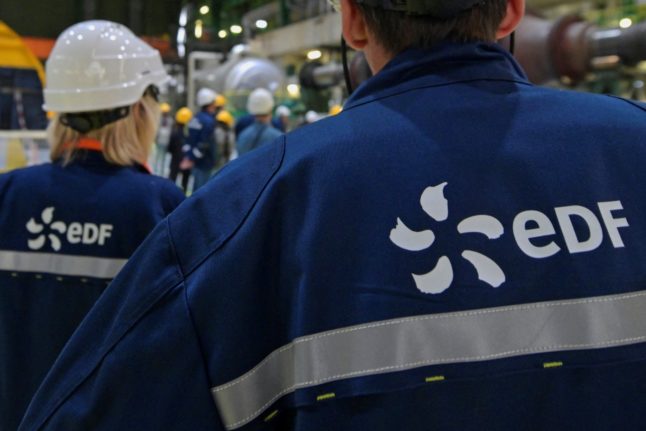The statement was based on a scenario in which Germany turns off its older nuclear power stations. The resulting shortfall in supply would push up electricity prices for the consumer.
It would also give those coal power stations that are currently not working at full capacity an opportunity to increase their output.
According to a report published in news magazine Der Spiegel, the scenario shows that the extra profits generated in this way would, in the long term, more than make up for losses incurred by turning off the nuclear power station Biblis, operated by RWE.
This is especially true because the German government’s tax on nuclear fuel is already squeezing nuclear power profits.
An RWE spokesman said such a scenario was possible, but it was not certain that prices would necessarily rise. He said electricity could just as easily be imported from abroad, negating the shortfall in supply.
He added that the government’s current moratorium on whether to extend nuclear power was costing RWE huge amounts of money in the short term.
DAPD/The Local/bk



 Please whitelist us to continue reading.
Please whitelist us to continue reading.
Member comments